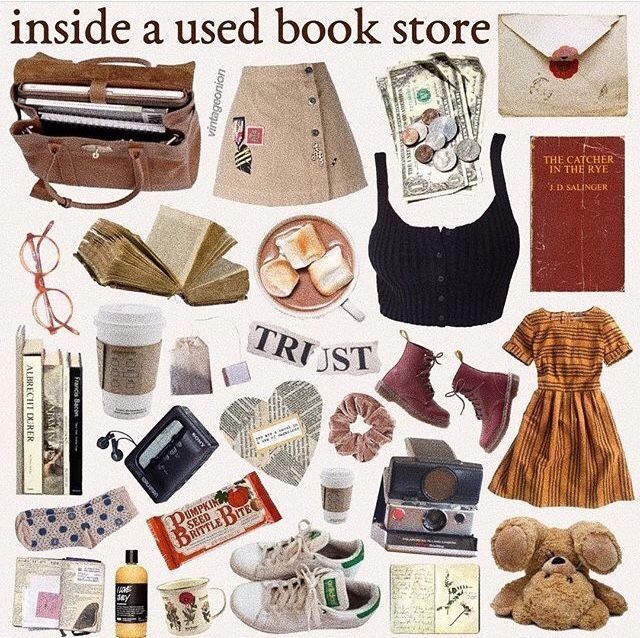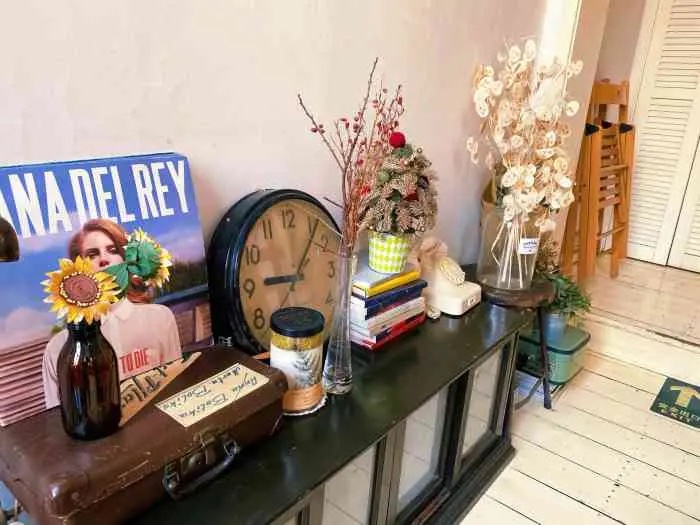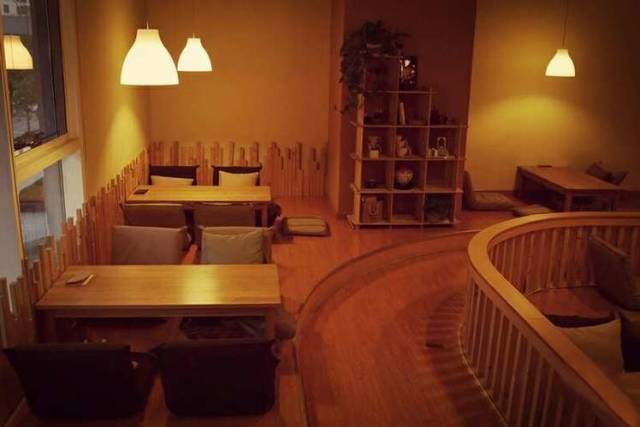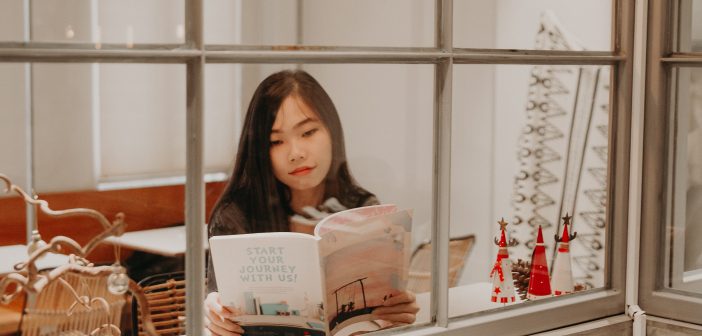In a city with practicality, money, and no classics, we see the quiet Beijinger. Its youngest live in two worlds: the television static, and the cradle. Its oldest between the hospitals and telephones. Finally, the readers. They live in paragraphs more often than on earth. They speak with so much passion, and we want to be the main character of their books.

From the youngest to the oldest, there is a search for perfect places, the sweet shapes of coffee, cushions, and chords. They are found in the following compendium, those bookstores sequestered in quiet streets, some cafés flowing with Clair De Lune instead of cups. Where rabbit holes lead to typewriters, all hiding in a languorous afternoon, a summer in Beijing.
Café Clark

A Japanese or Korean-style café offers a panacea for any ailment. They beautify the confetti of life in woodwork, its details, and escapes. Café Clark has the cherubic cushions, Zakka scenes, Ghibli comics, and lo-fi incantations of a quintessential Asian bookstore café. Would you not read a little (long) chunk of noon away, and breathe in, breathe out, to feel that increasingly foreign concept of belonging.
Address: 青年路29号华纺易城小区19-02号底商(近润枫水尚)
(Qīngnián lù 29 hào huá fǎng yì chéng xiǎoqū 19-02 hào dǐ shāng)
No. 19-02, Huafang Yicheng Community, 29 Qingnian Road (near Runfeng Shuishang)

Cafés are said to have reached their initial apex of popularity in the 17th century, from Italy to France and Germany to England. Coffee was to replace alcohol and its culture of drunk geniuses. Hence, cafés became a monument for nebulous scholars and professors, artists and madmen. British-style coffeehouses are rare in Beijing, but Fingerprint Café is one indeed. Its book list reveals criminology novels, Japanese poetry, and other esoteric, elusive manuscripts of the owner.
Address: 北京市海淀区花园北路35号 (Běijīng shì hǎidiàn qū huāyuán běi lù 35 hào)
No. 35, Huayuan North Road, Haidian District, Beijing
J Coffee

This is one of those inconspicuous cafés only found in cities – on the second floor, a sapid sanctuary for empty streets blossoming with hunched shadows. Time flies. Its footprint is messy. The coffee shop is silent, introspective. Time thickens and stops. The light is dim, the wood is soft, the chamois is dazzling. Oh, and the book, it should be therapeutic.
Address: 北京市朝阳区东大桥路8号SOHO尚都北塔2楼2201室
(Běijīng shì zhāoyáng qū dōng dàqiáo lù 8 hào SOHO shàng dū běi tǎ 2 lóu 2201 shì)
Room 2201, 2nd Floor, SOHO Shangdu North Tower, No. 8 Dongdaqiao Road, Chaoyang District, Beijing
The Kubric

A true bookworm always finds their favorite friend: a true bookstore. Style, stories, and time are all art in itself, for the US auteur Stanley Kubric once jested, “Directing is writing on film.” As such, Kubric Bookstore stands as an artistic edifice, flaring antique freedom and elegant sadness, flinging beauty and regret. Beneath its mahogany lattice and academic stairs, books build walls, and walls build more books. Coffee suffuses the floor, and Persian rugs warm the lamps. The night is young and throws a pillow fight of stars through the blinds. Meanwhile, readers will read, and coffee drinkers will drink. The two can communicate, but not commingle.
Address: 香河园路1号北区当代MOMA内 (Xiānghé yuán lù 1 hào běi qū dāngdà)
Inside Contemporary MOMA, North District, No. 1, Xiangheyuan Road
KEEP READING: Hello K-Pop Archetypes, Meet C-Pop Clones!
Images: Baidu, Pinterest, Pexels




